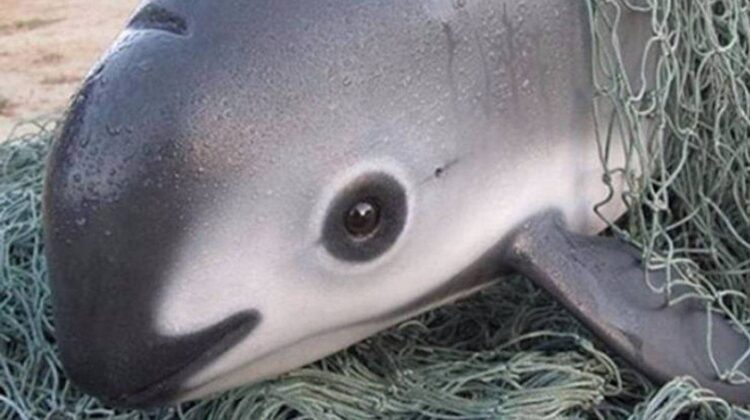
According to recent reports, there are only 10 vaquitas left in the wild, putting the world on the verge of losing another vital species.
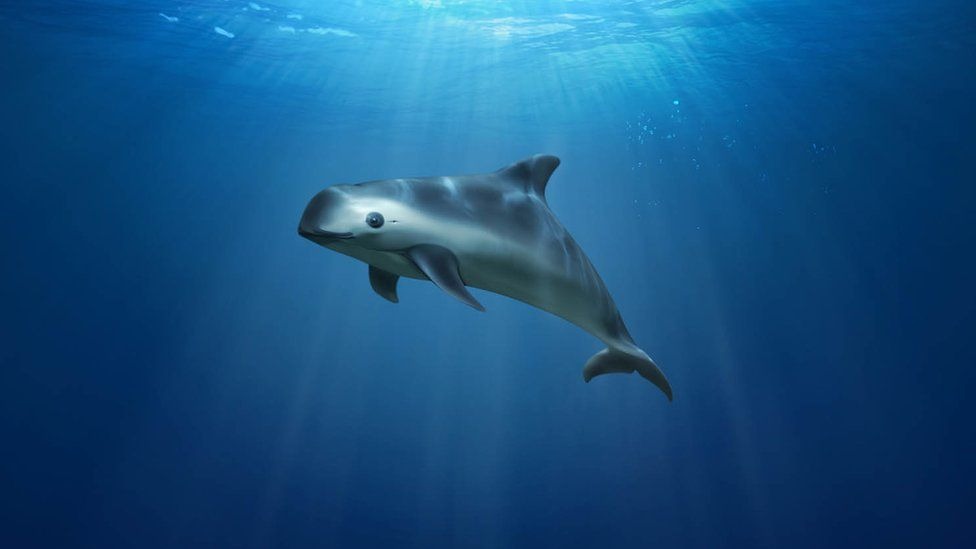
This small porpoise, which lives in the northern Gulf of California, has long been considered endangered, with a population that has declined from 600 in 1997 to 30 in 2017.
Now, word is spreading that the vaquita’s survival is in jeopardy, with only ten remaining.
The vaquita, also known as the Phocoena sinus, is a small porpoise that can grow to be 5 feet long and weigh 120 pounds when fully grown.
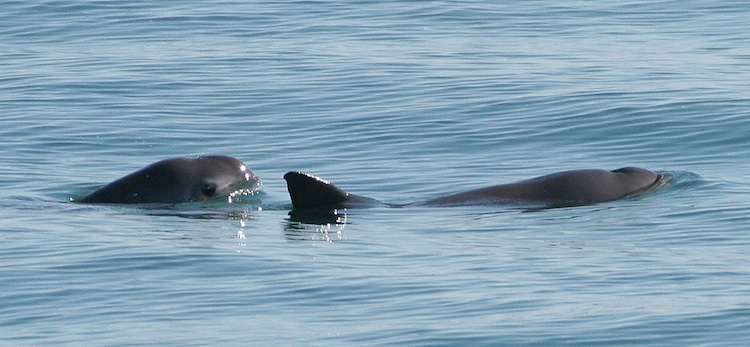
They live in shallow, warm water and are rather solitary creatures.
Vaquitas are the only species of porpoise that can survive in warm water, so this is extremely rare. All other species require colder water than 68°F.
Because of the black rings around their eyes, they’re also known as “sea pandas.”
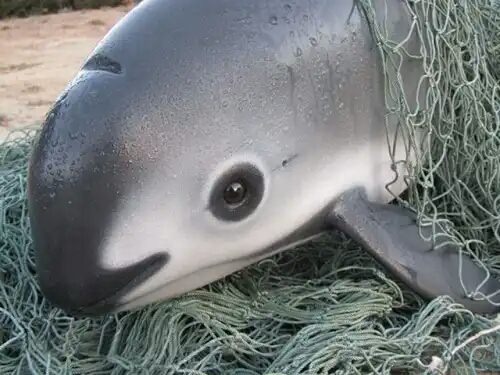
Unlike the white rhino, which was nearly extinct due to poaching, fishermen do not aggressively pursue the vaquita.
Traditional fishing methods in Mexico, on the other hand, have tragically resulted in the extinction of this marine species.
The issue is that fishermen use gill nets to catch an endangered fish called totoaba.
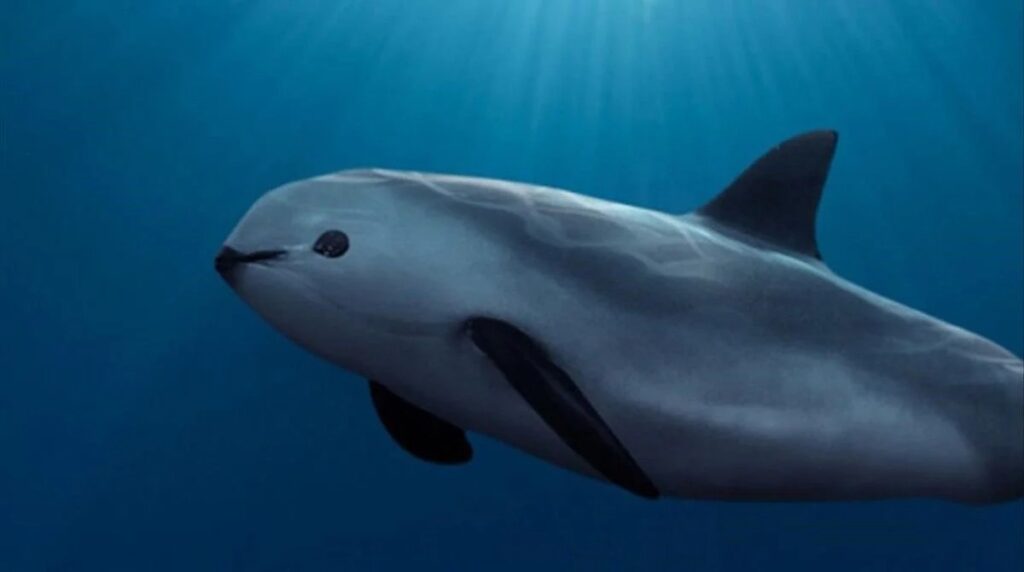
Totoaba, which is considered a delicacy in China, can cost up to $50,000 on the black market.
Despite the fact that both totoaba fishing and gill nets are illegal in Mexico, the lure of a large payoff encourages local fishermen to continue the activity.
All of this affects the vaquita because, while gill nets catch totoaba, they also catch small porpoises that become entangled in the nets.

Andrea Crosta of the Earth League International, a wildlife trafficking watchdog organization, recently visited Mexico, where various sources confirmed the critically low number of live vaquitas.
He is concerned that the remaining vaquitas will die during the illegal fishing season.
Aside from the legal measures and information provided by organizations such as the WWF and Viva Vaquita, some environmentalists hoped that a few vaquitas could be rescued and raised in captivity.
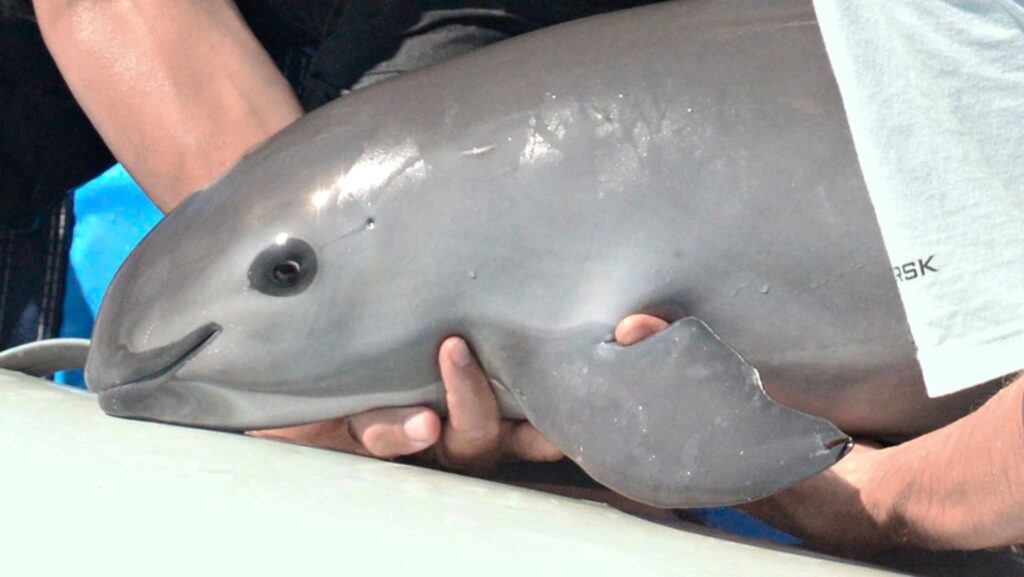
In 2017, the conservation organization Vaquita CPR launched a rescue operation. They were, unfortunately, unsuccessful.
While all animals experience some stress during their transition to captivity, the female porpoise rescued by the crew was unable to cope and died soon after being returned to the water.
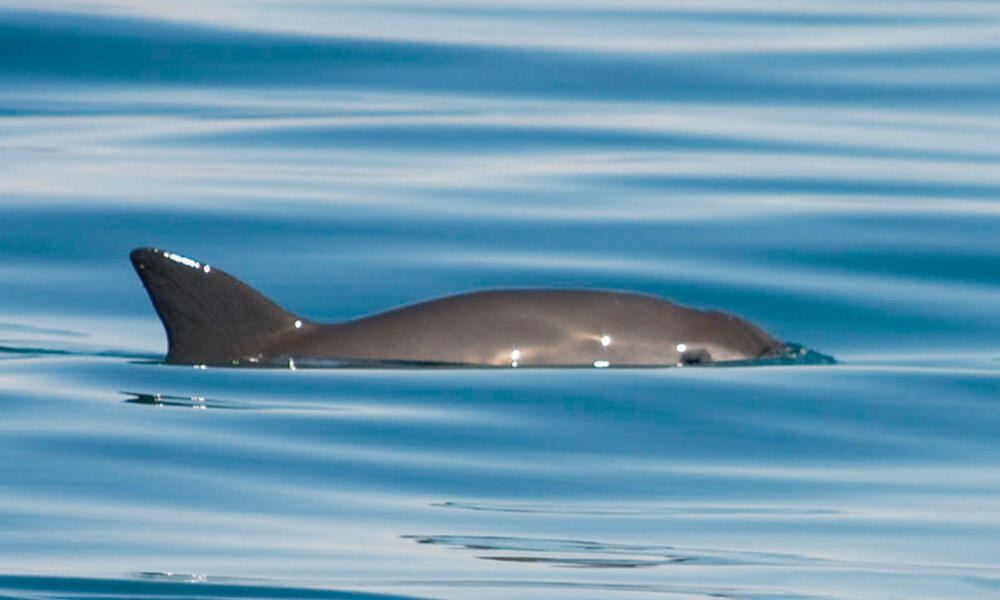
The tragedy was a painful setback for those who believed confinement would be a viable option for species conservation.
Crosta reminds us that whether or not the vaquita disappears, we must continue to fight for them, as organizations such as Elephant Action League and Sea Shepherd continue to monitor the Gulf of California and decipher trafficking routes in China.
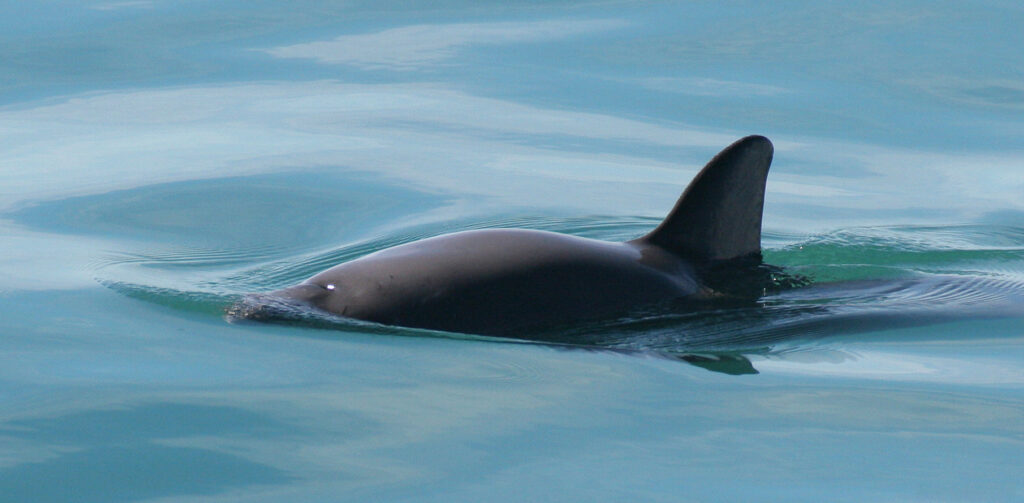
“Even if they kill all the vaquitas, we owe it to them to reveal the entire story, the truth, and we want to bring those responsible to justice, who are not, by the way, the fishermen.”
